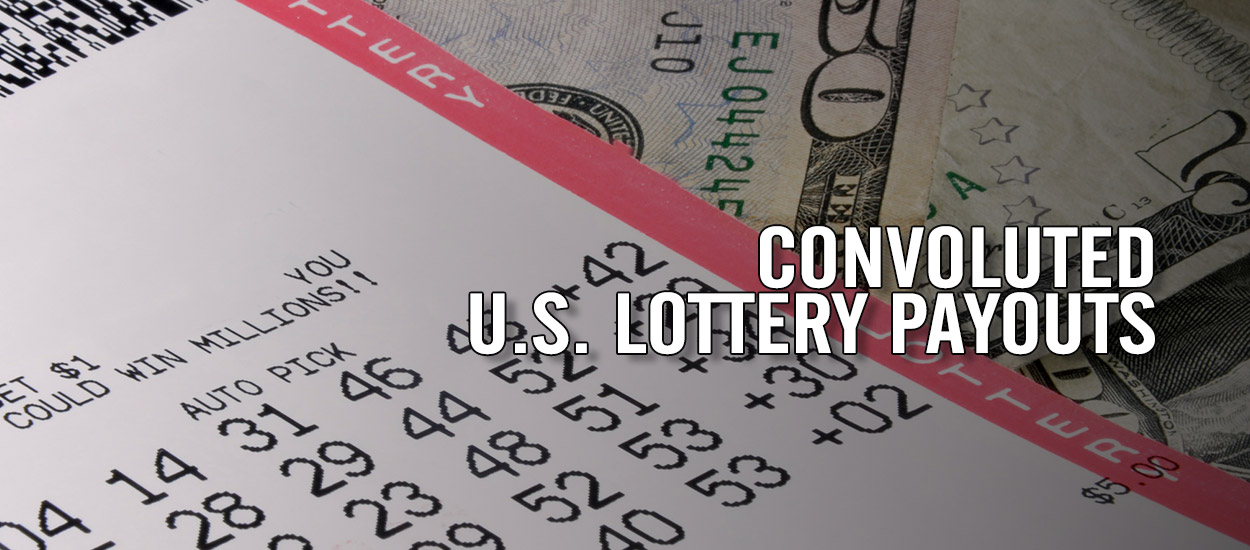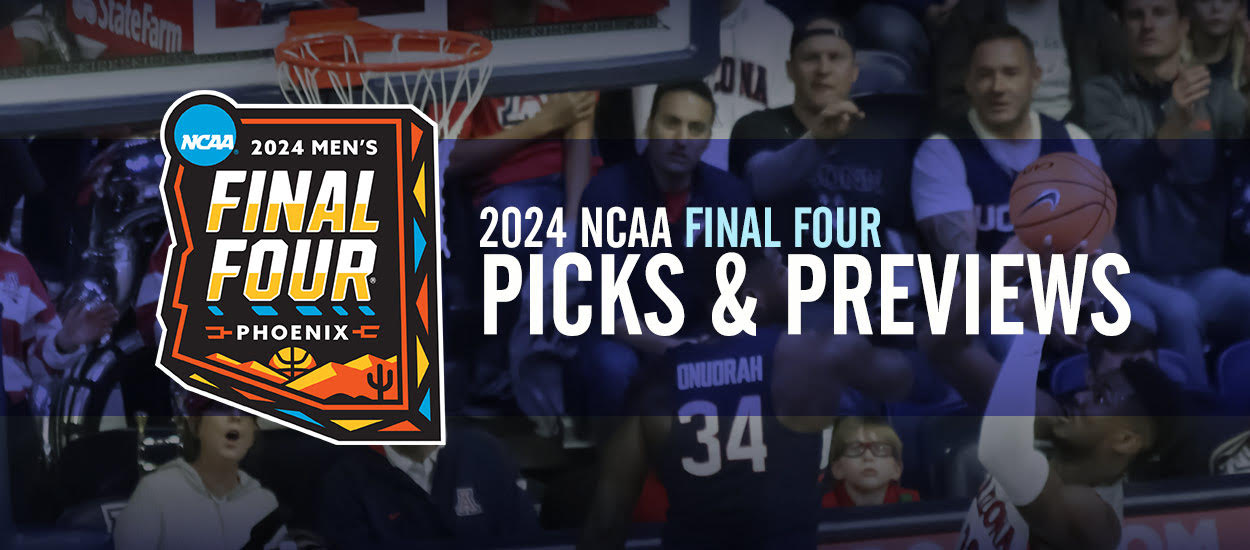Tweet this Story
The state of Maryland on Thursday became the latest to dip its foot into the legalizing sports betting pool. But different from many states that have been proposing and passing legislation to make sports betting legal ahead of the Supreme Court decision on Murphy v NCAA, Maryland lawmakers passed a bill that would take the decision to the votes.
HB 1014 passed the House of Delegates, 124-14, and calls for a referendum on the November ballot. According to the bill, should voters approve sports betting in Maryland, then "legislation is required to provide for the operation, regulation, and disposition of proceeds of sports wagering in the State."
The bill would allow for sports betting in Maryland at existing casinos and racetracks, while a similar bill in the state senate may limit whether or not sports betting would be allowed at racetracks, of which Maryland has five, including the storied track at Pimlico, home of the final jewel of the Triple Crown, the Preakness Stakes. The other four are Casino at Ocean Downs (harness racing), Laurel Park (thoroughbred), Maryland State Fair (thoroughbred), and Rosecroft Raceway (harness racing). The state has six casinos.
Maryland House of Delegates Passes Sports Betting Bill Putting Legalization of Sports Betting Up For Vote In November
If the bill passes through the full legislature, it would go into effect in July (the bill, not sports wagering), ahead of the November election. However, the bill will become void if the Supreme Court does not afford states to ability to legalize sports betting nationwide. The high court is currently considering the case brought by the state of New Jersey, which could potentially overturn the 1992 Professional and Amateur Sports Protection Act (PASPA). That law effectively bans sports betting in all states except Nevada. The court could rule as early as April.
The sell for sports betting in Maryland is that revenue garnered from sports betting would go to support education.
"We specifically want any money from sport betting to go to the Education Trust Fund," said Representative Frank Turner, a Howard County Democrat and sponsor of the House bill told the Baltimore Sun on Thursday.
[Stay tuned at our Facebook page and Twitter @sports_handle for the latest]
From a time standpoint, lawmakers in favor of sports betting in Maryland would want to see this bill passed and placed on the ballot sooner than later. Why? Because the two biggest sports betting events of the year happen in January (Super Bowl) and March/April (NCAA basketball tournament) – the first quarter of the year.
Should the referendum get on the ballot and pass, the state's gaming sites may miss the 2019 Super Bowl and March Madness, but would likely be up and running in time for the 2019 football seasons. However, if the referendum doesn't get on the ballot, the next chance will be in 2020, which means a two-year delay.
The state also hosts the Preakness in May every year.
According to the Maryland Reporter, those involved with horse racing see legalized sports betting as a last gasp to save their struggling industry.
"Most neighboring states have passed legislation or plan to approve similar legislation," said Sal Sinatra, Maryland Jockey Club president, in testimony before the House Ways and Means Committee in February, according to the Maryland Reporter. "We feel to be competitive with those other venues, we'd like to have it. It's a natural fit."
In particular, Sinatra may have been referring to New Jersey, West Virginia and Maryland. New Jersey, of course, is forcing the issue of sports betting through the Supreme Court case, West Virginia passed a law to make sports betting legal earlier this month, and Delaware through a PASPA exception is currently able to offer limited sports betting in the form of NFL parlays.
How might the vote go? Consider that in July 2017, a Washington Post survey found that for the first time, a majority of Americans approved of legalizing sports betting on professional and amateur sports by a 55-percent to 33 margin (12% abstaining).
This article is a repirnt from SportsHandle.com. To view the original story and comment, click here.







































